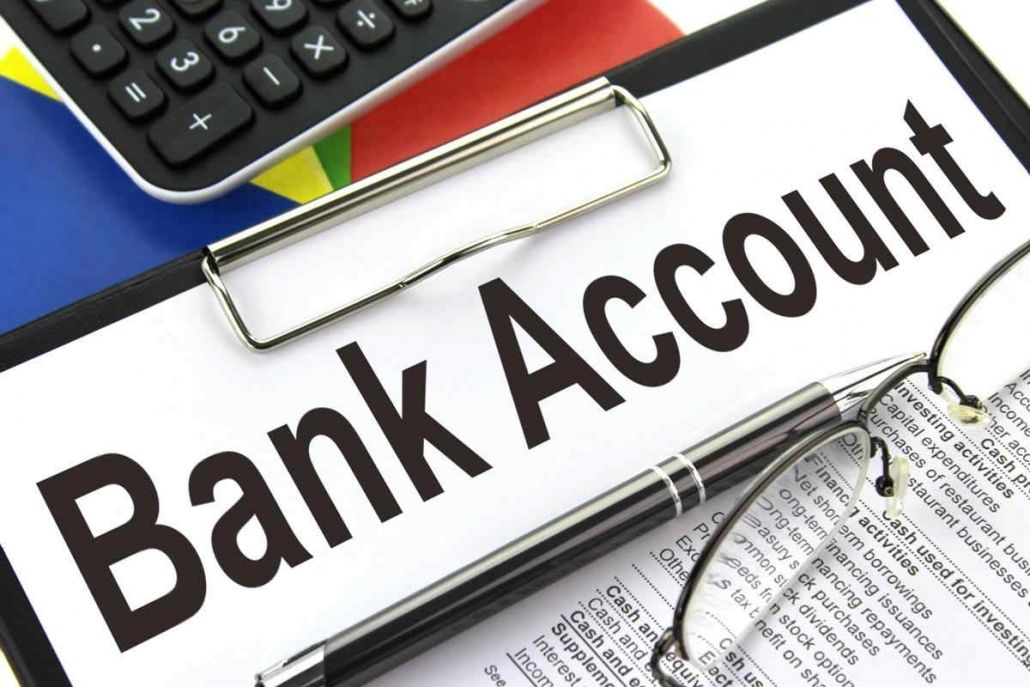Why You Should Open a Business Bank Account: A Complete Guide for Entrepreneurs

Introduction
Starting a business is exciting, but it comes with essential financial responsibilities. One of the most important yet often overlooked steps in setting up a business is opening a dedicated business bank account.
In this article, we'll explore why having a business bank account is crucial, the benefits it provides, and how it helps you stay compliant, organized, and professional. Whether you're a freelancer, small business owner, or startup founder, this guide will explain everything you need to know.
What Is a Business Bank Account?
A business bank account is a type of financial account specifically designed for businesses to manage income, expenses, payroll, taxes, and more. Unlike personal bank accounts, these accounts often offer specialized services like merchant services, employee debit cards, cash flow management tools, and accounting integrations.
Top Reasons to Open a Business Bank Account
1. Separating Business and Personal Finances
Mixing personal and business funds is a common mistake among small business owners. Keeping them separate is essential for:
Clear financial tracking
Simplified bookkeeping
Easier tax filing
Legal protection for business entities like LLCs or corporations
2. Building Business Credit
Opening a business account is the first step toward building business credit. This can help you:
Apply for business loans
Secure better interest rates
Establish credibility with vendors
3. Accepting Payments Professionally
With a business bank account, you can:
Accept credit card payments
Set up merchant accounts
Invoice clients using your business name
Benefits of a Business Bank Account
Here are the key advantages:
✅ Organized Record-Keeping
Track income and expenses efficiently with monthly statements and accounting tools.
✅ Easier Tax Preparation
Come tax time, a separate account simplifies:
Calculating deductible expenses
Filing business tax returns
Avoiding IRS red flags
✅ Access to Business Financing
Lenders typically require a business bank account before approving loans or lines of credit.
✅ Enhanced Security
Business accounts often come with fraud protection, multi-user access, and higher limits than personal accounts.
Legal and Tax Compliance
If your business is structured as an LLC, S Corporation, or Corporation, it's legally required to keep business and personal finances separate. Failing to do so could lead to:
Piercing the corporate veil (loss of liability protection)
Complications during an IRS audit
Penalties for poor record-keeping
Professionalism and Credibility
Clients, vendors, and investors often expect to see a business operating under its own name with a professional account. When you:
Issue invoices
Pay contractors
Receive payments
…doing so through a business account reinforces trust and legitimacy.
How to Open a Business Bank Account
Step 1: Choose the Right Bank
Look for:
Low or no fees
Online banking options
Integrations with accounting tools like QuickBooks or Xero
Step 2: Gather Required Documents
Typically, you'll need:
EIN (Employer Identification Number)
Business formation documents (LLC or Corporation)
Business license (if applicable)
Personal identification (ID or passport)
Step 3: Submit Application
You can usually apply:
Online
In-person at a bank branch
Conclusion
Opening a business bank account is one of the smartest financial decisions you can make for your company. It helps you stay legally compliant, improves financial organization, and presents a more professional image to clients and partners.
Frequently Asked Questions
❓ Can I use a personal bank account for my business?
Technically yes, but it’s not recommended. It makes bookkeeping and tax reporting more difficult and may expose you to legal risks.
❓ Do I need a business bank account as a sole proprietor?
While not legally required, it’s highly advisable for managing finances, especially if you’re earning consistent income.
❓ Is it expensive to open a business account?
Many banks offer free business checking accounts with no minimum balance and no monthly fees.
